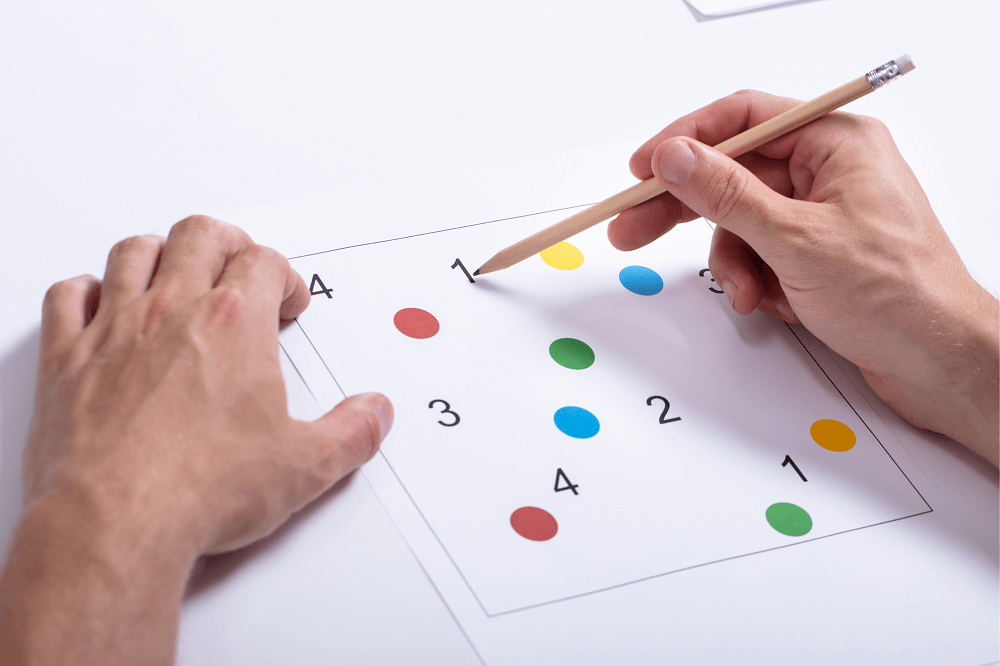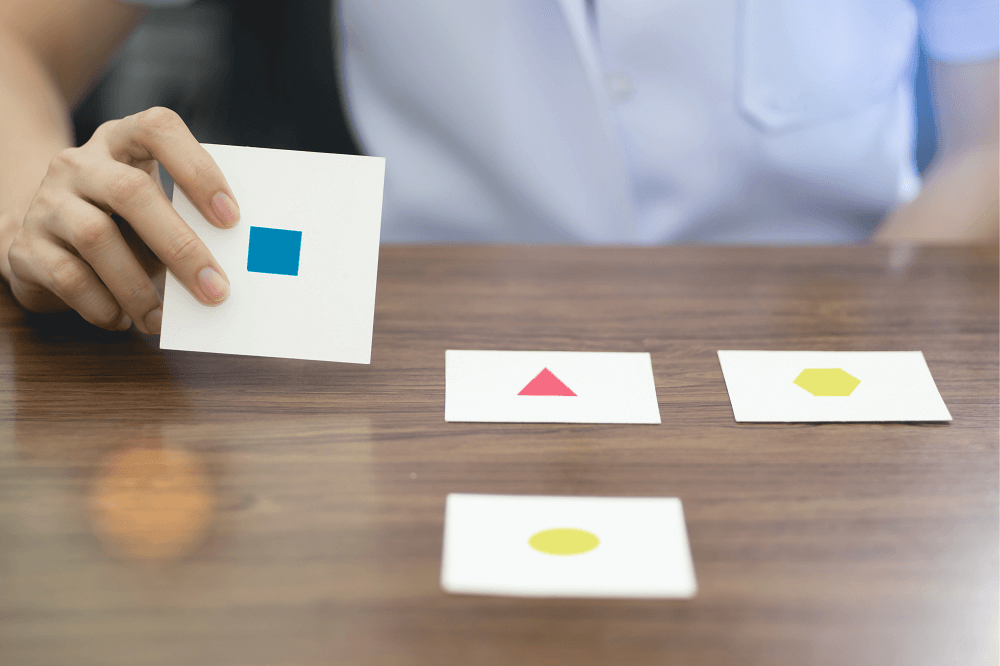What is Cognitive Rehabilitation Therapy?

Cognitive rehabilitation therapy- known as CRT, is a term for a group of therapies which are implemented to restore cognitive function of the brain after an injury. There isn’t a singular type of CRT, as many approaches often have to be utilised to treat patients, as they each have different circumstances and needs. Therefore, CRT is a term for any therapy which can be used by healthcare professionals to rehabilitate a patient with a brain injury.
Healthcare professionals which employ CRT include psychotherapists, speech pathologists , physiotherapists, nurses and occupational therapists.
Signs of Cognitive Impairment and its Impact

Symptoms of cognitive impairment can often include; difficulties with memory, information processing, attention span, flawed safety judgement, difficulty with social behaviour and planning and actioning tasks. This can have a huge impact on a person’s everyday life, as it may negatively impact their ability to conduct daily activities.
A person with cognitive impairment may struggle with taking care of themselves properly, keeping appointments, interacting socially and completing tasks. They may suffer from attention deficits which may negatively impact their behaviour and/or mood.
Without support or treatment, a cognitive impairment will hinder a person from being able to succeed in their work, social and personal life.
Who Would Benefit from Cognitive Rehabilitation Therapy?
Specifically, those with a traumatic brain injury (TBI) are most commonly treated with CRT. In addition to those with a traumatic brain injury, CRT can also treat those who have suffered a stroke, as well as an array of other medical issues which may impact the cognitive function of their brain including mental illness and dementia.
Individuals with these conditions will notice that they may be experiencing some or all of the symptoms listed above. The goal of cognitive rehabilitation therapy is ultimately to restore a person’s ability to complete daily activities without difficulty and improve their quality of life.
How Does Cognitive Rehabilitation Therapy Work?

Cognitive rehabilitation therapy adopts a multidisciplinary approach. It can be broadly categorised into two types of treatment:
- Restorative treatment: Aims to restore, strengthen and/or repair the impaired cognitive system as a whole, so a person regains the ability to function in a wide range of activities. Restorative treatment strategies can help an individual regain control over their cognitive skills and their overall executive function which is responsible for planning, attention focus, memory and multitasking.
- Compensatory strategies: Uses specific treatments to address targeted problem areas. These are usually in the form of environmental modifications (including sensory rooms), technological aids (such as assistive technology) and behavioural strategies to bypass persistent problems in memory and attention.
Mental Impacts of Cognitive Rehabilitation Therapy
When somebody suffers from cognitive impairment, it can cause great difficulty in many areas of their lives. The process of cognitive rehabilitation therapy requires support on many levels, not only from the treatment professionals they are engaged with. This is where a patient can often benefit from the support of a St Jude’s psychosocial recovery coach.
Benefits of Working With a Psychosocial Recovery Coach

Psychosocial recovery coaches are a service offered by the NDIS, which are there to support individuals with a psychosocial disability (those living with mental impairments). They aim to support the individual during their rehabilitation and recovery process, and ensure that they remain on track.
Psychosocial recovery coaches work collaboratively with the client, their family members, carers and other health professionals they engage with to implement their NDIS recovery plan.
Psychosocial recovery coaches differ from support coordinators, although they are both NDIS services. A psychological recovery coach is specifically designed for someone diagnosed with a psychosocial disability.
Support services at St Jude’s

Here at St Jude’s, we are a registered NDIS provider and are connected to a range of disability support services and allied health services to aid the rehabilitation process. We also offer a psychosocial coaching facility to help you build the capacity to take more control of your life and manage the complex challenges of day-to-day living. St Jude’s also provides on site specialist disability accommodation for those who may require additional support. We understand that every client’s rehabilitation journey will be different, and we endeavour to help connect you with the most compatible support services which will help you reach the goals outlined in your NDIS plan.
Why Choose St Jude’s?
The team at St Jude’s is made up of experienced professionals, who are dedicated, empathetic and hands-on.
We have on-site occupational therapists, physiotherapists and speech pathologists which can support client’s during their cognitive rehabilitation treatment.
Contact us today to learn more about our services and how we can help you.
|
|


